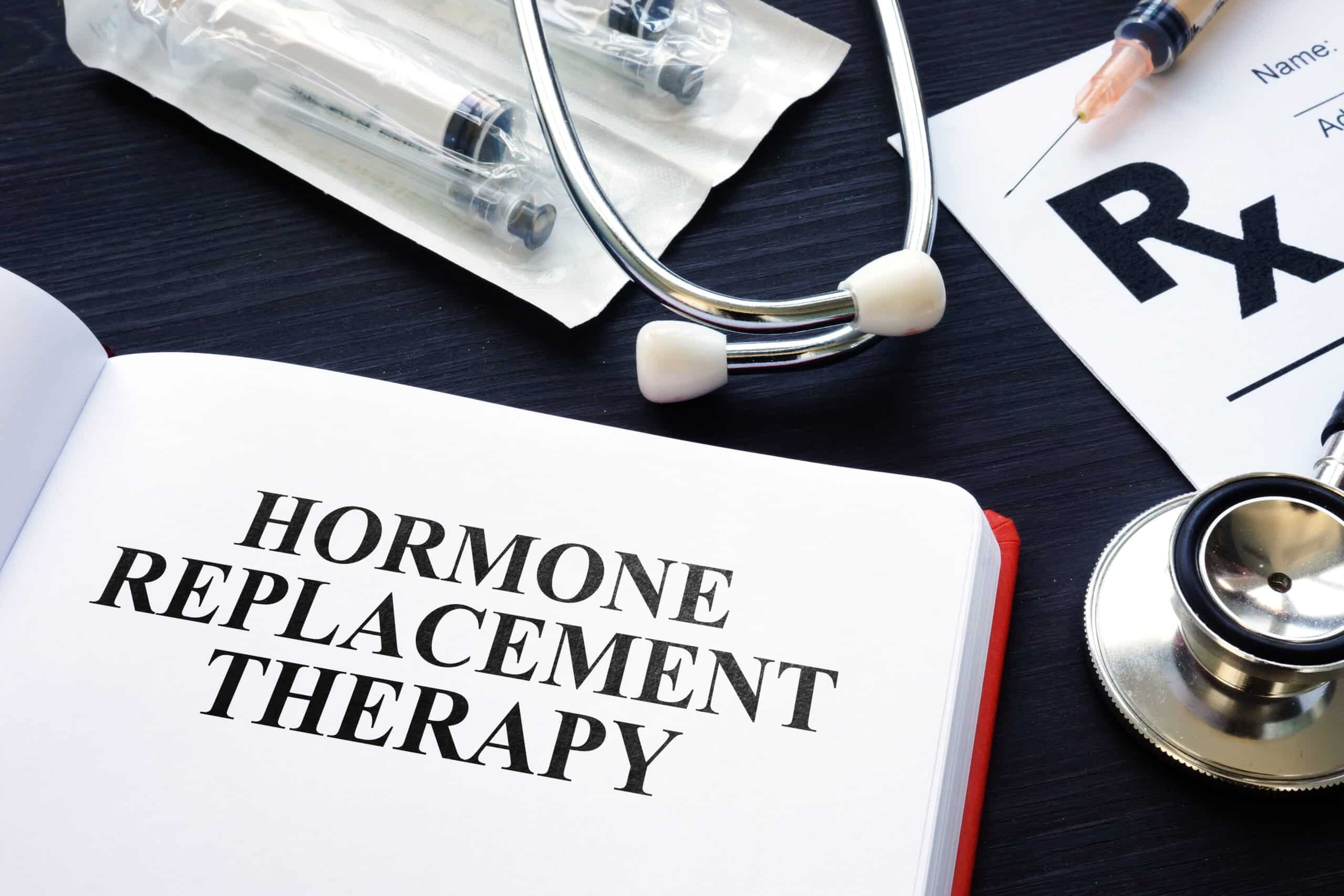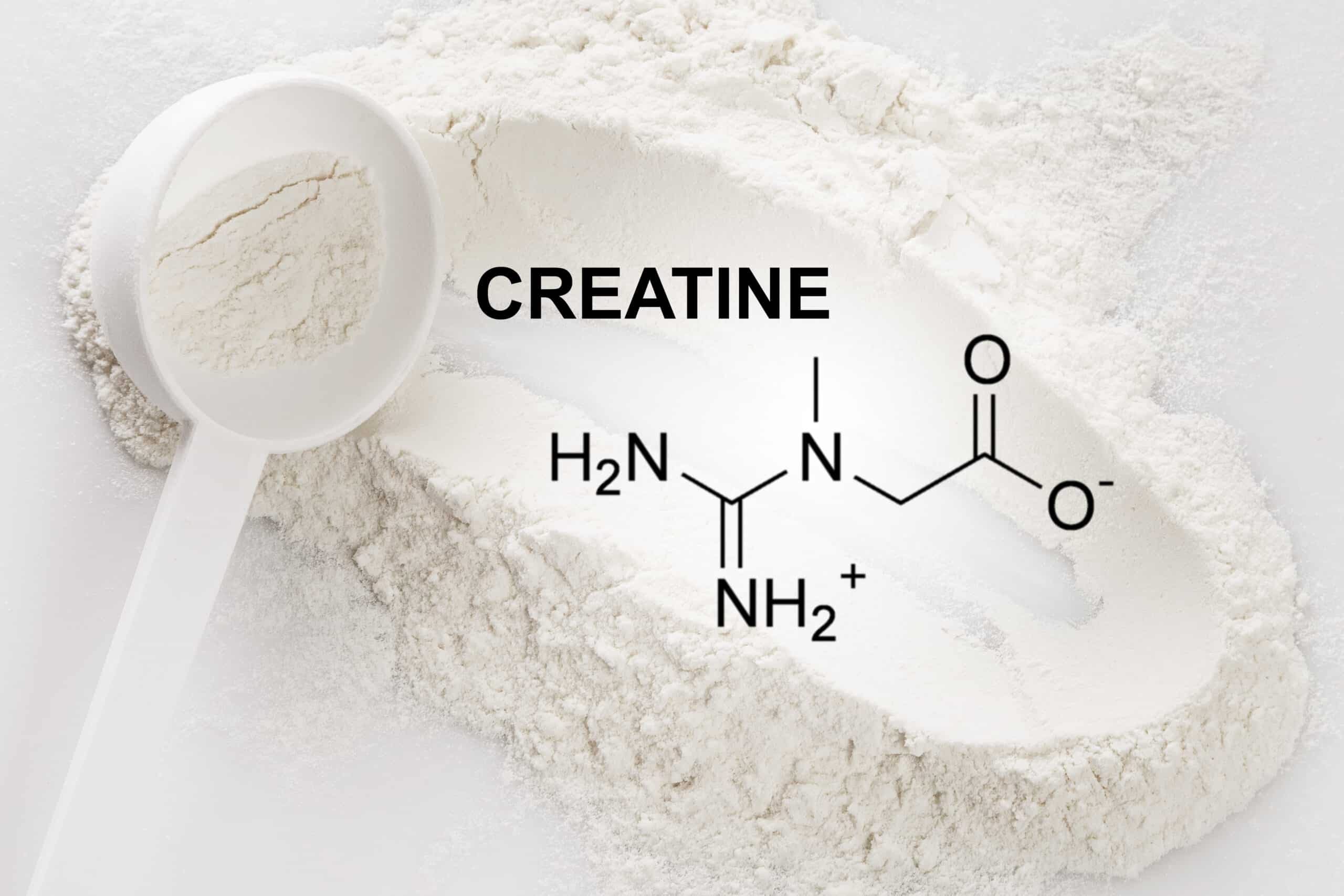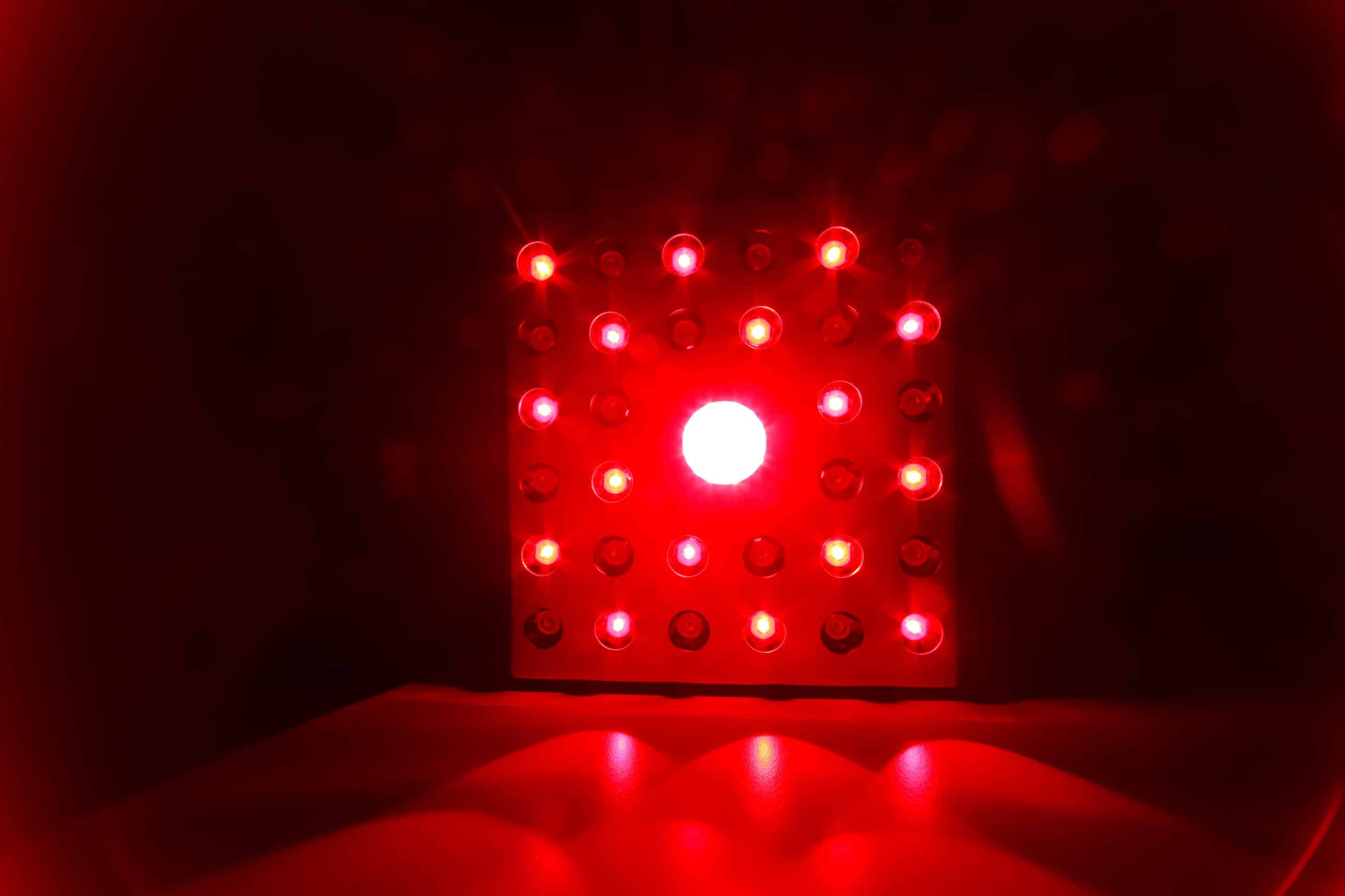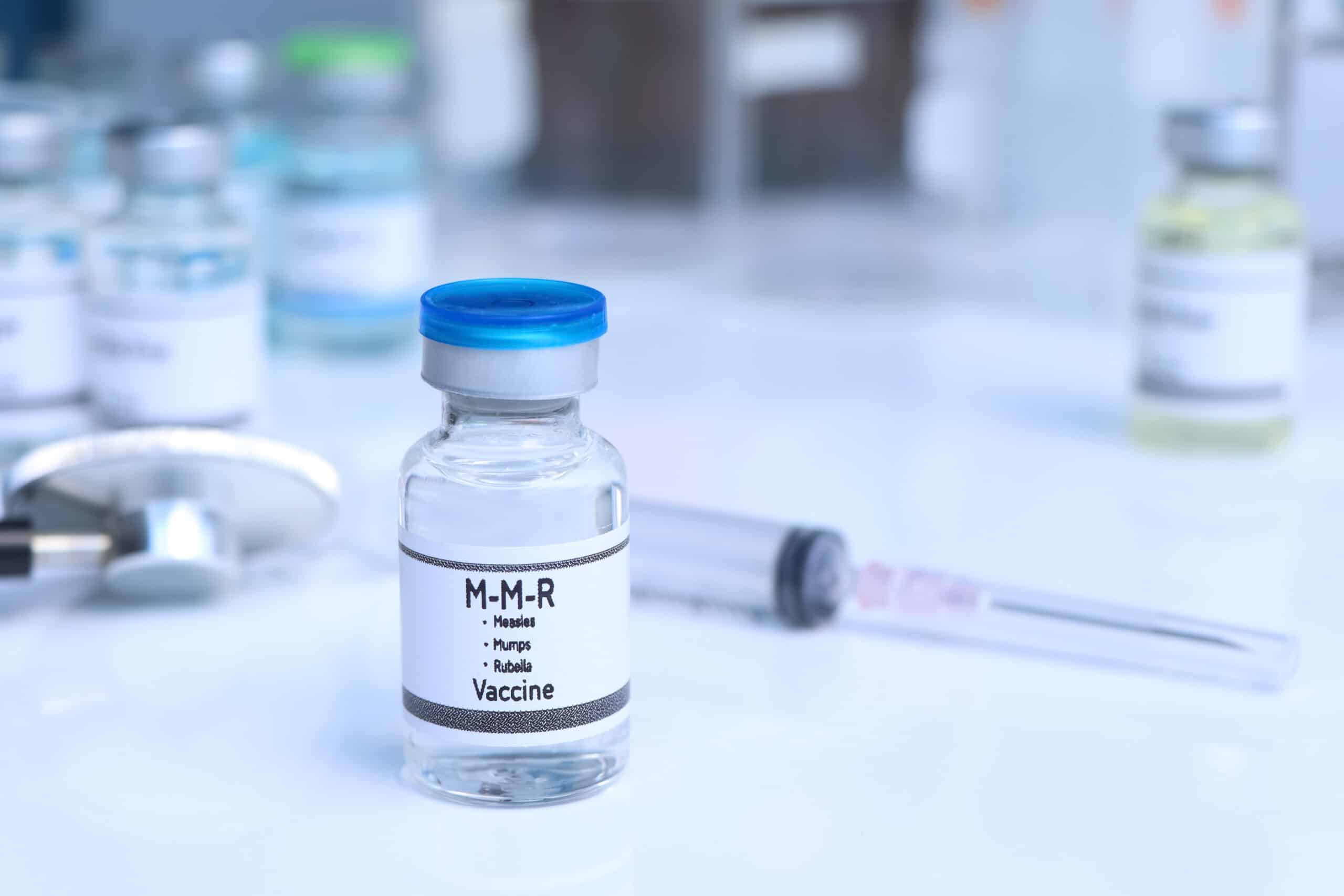Are you looking to reclaim vitality, enhance your well-being, and rediscover your zest for life? Hormone Replacement Therapy (HRT) might be the key to unlocking a new chapter of rejuvenation and empowerment. For many women, the natural aging process can bring about various body changes, leading to uncomfortable symptoms and diminished quality of life. However, with advancements in medical science, HRT offers a promising solution to alleviate these concerns and restore hormonal balance.
This article will explore why women should consider Hormone Replacement Therapy as a transformative tool for improving their overall health, vitality, and happiness. Whether you’re struggling with menopausal symptoms, seeking to enhance your bone health, or striving for better cognitive function, HRT could be the pathway to revitalizing your life.
What is hormone replacement therapy?
Hormone Replacement Therapy (HRT) is a medical treatment that uses hormones to supplement or replace the body’s naturally declining hormone levels, typically associated with menopause. As women age, their ovaries produce fewer hormones like estrogen and progesterone, leading to physical and emotional changes. HRT aims to alleviate the symptoms and improve the overall well-being of women experiencing menopause or hormonal imbalances.
According to the Mayo Clinic, different types of HRT are available, including estrogen therapy (ET) and combination therapy (estrogen plus progestin). Estrogen therapy is primarily recommended for women who have undergone a hysterectomy, as it involves the administration of estrogen alone. On the other hand, combination therapy is suitable for women with an intact uterus, as it combines estrogen with progesterone or progestin to reduce the risk of endometrial cancer.
HRT can effectively relieve menopausal symptoms, such as hot flashes, night sweats, vaginal dryness, and mood swings. Additionally, hormone replacement therapy can help mitigate the risk of osteoporosis, a condition characterized by weakened bones, by improving bone density. However, hormone therapy may carry certain risks and potential side effects, and its suitability should be assessed individually, considering factors such as age, medical history, and personal preferences.
What are the risks of hormone therapy?
While hormone therapy (HT) can provide relief for women navigating the challenges of menopause, please be aware that, just like any prescription or over-the-counter medications, it carries potential risks. It is crucial to make an informed decision after considering these risks. Some of the known health risks associated with hormone therapy include:
- Increased risk of endometrial cancer. If you still have your uterus and are not taking progestin alongside estrogen, there is an elevated risk of developing endometrial cancer.
- Increased risk of blood clots and stroke. Hormone therapy has been linked to an increased likelihood of developing blood clots, which can lead to potentially life-threatening conditions like stroke.
- Increased chance of gallbladder/gallstone problems. Studies have shown that hormone therapy use may contribute to an increased risk of gallbladder-related issues and the development of gallstones.
- Risk of dementia. Initiating hormone therapy after midlife has been associated with an increased risk of dementia. However, it’s worth noting that starting hormone therapy during midlife has been linked to a reduced risk of Alzheimer’s disease and dementia.
- Increased risk of breast cancer with long-term use. Long-term use of hormone therapy has been linked to an increased risk of breast cancer. Women must weigh the potential benefits against this risk and make an informed decision in consultation with their healthcare provider.
If you are considering hormone therapy, discuss your medical history, family history, and individual risk factors with a healthcare professional. This will help assess the potential risks and benefits of hormone therapy individually so that you can make an informed decision that aligns with your overall health and well-being.
What are the benefits of hormone therapy?
Hormone Replacement Therapy has gained significant popularity among women seeking relief from the symptoms associated with menopause. According to statistics from the Centers for Disease Control and Prevention (CDC), many women have opted for HRT at various stages of menopause.
Among women who have ever used HRT, 41% began this therapy before experiencing natural or surgical menopause, 44% started within one year after menopause, 5% initiated between two and four years after menopause, and 10% began five or more years after menopause. These figures reflect the widespread recognition of HRT as an effective solution.
The North American Menopause Society mentions these benefits of HRT:
- Alleviation of hot flashes. HRT has proven to be highly effective in reducing the frequency and intensity of hot flashes, providing much-needed relief from this common menopausal symptom.
- Relief from vaginal dryness. HRT helps combat the uncomfortable symptoms of vaginal dryness, such as itching, burning, and discomfort during intercourse, allowing for improved sexual health and satisfaction.
- Management of night sweats. HRT can significantly reduce night sweats, enabling women to experience more restful and uninterrupted sleep.
- Prevention of bone loss. HRT plays a crucial role in preserving bone density and mitigating the risk of osteoporosis, thereby promoting long-term bone health and reducing the likelihood of fractures.
- Enhanced overall quality of life. By addressing these distressing symptoms, HRT can improve the overall quality of life, allowing women to regain their vitality, sleep better, engage in fulfilling sexual relationships, and experience a greater sense of well-being.
Why do some women need HRT and some don’t?
The decision on whether a woman needs Hormone Replacement Therapy (HRT) is based on individual circumstances, medical history, and specific symptoms. The National Health Service (NHS), Scotland’s national health information service, best answers this question. They explain that while HRT can effectively alleviate menopausal symptoms and improve quality of life, it may not suit everyone.
According to the NHS, women who experience moderate to severe menopausal symptoms such as hot flashes, night sweats, and vaginal dryness may benefit from HRT. Additionally, women at an increased risk of osteoporosis or fractures, especially those with early menopause or certain medical conditions, may require HRT for its bone-preserving effects.
On the other hand, some women may not require HRT if they have milder menopausal symptoms that do not significantly impact their daily lives. Additionally, those with specific medical conditions or a history of certain cancers may need to avoid HRT due to potential risks associated with the treatment.
What are the signs that you need hormone replacement therapy?
To elaborate on why some women may benefit from HRT more than others, clarifying the signs that you might need HRT in the first place may be helpful. According to an article by MedicineNet, the signs that may suggest a need for HRT include:
- Moderate to severe hot flashes and night sweats. These sudden and intense bursts of heat accompanied by excessive sweating can disrupt daily activities and impact the quality of life.
- Vaginal dryness and discomfort. Menopausal hormonal changes can lead to vaginal dryness, itching, and pain during intercourse, affecting sexual health and well-being.
- Mood changes and irritability. Hormonal fluctuations during menopause can contribute to mood swings, irritability, and feelings of anxiety or depression.
- Sleep disturbances. Hormonal imbalances can disrupt sleep patterns, leading to insomnia, night waking, or difficulty falling asleep, significantly impacting energy levels and overall well-being.
- Loss of bone density and increased risk of osteoporosis. Reduced estrogen levels during menopause can accelerate bone loss and increase the risk of osteoporosis, making HRT a consideration for maintaining bone health.
How long will I have to take hormone replacement therapy?
The duration of HRT can vary depending on individual factors and treatment goals. According to the Cleveland Clinic, the length of HRT use is generally determined on a case-by-case basis. In some instances, women may require short-term HRT to alleviate severe menopausal symptoms, such as hot flashes and night sweats, which can significantly impact their quality of life. Short-term HRT use typically ranges from a few months to a few years.
On the other hand, longer-term treatment may be necessary for women seeking the bone-preserving benefits of HRT. This is particularly important for women at an increased risk of osteoporosis or fractures, as HRT can help maintain bone density and reduce the likelihood of bone-related complications.
The duration of HRT should be reevaluated periodically in consultation with a healthcare professional. This allows for assessing the individual’s ongoing symptoms, overall health, and any potential risks associated with long-term HRT use. The decision to continue or discontinue HRT should be based on a personalized approach, considering the individual’s needs and preferences.
Will hot flashes and other menopausal symptoms return when I quit hormone therapy?
The cessation of HRT may lead to a recurrence of menopausal symptoms, including hot flashes, but the likelihood and severity can vary among individuals. According to an article published by the Women’s Health Research Institute at Northwestern University, when HRT is stopped, it is common for menopausal symptoms to return. This can include the resurgence of hot flashes, night sweats, mood swings, vaginal dryness, and sleep disturbances. The intensity and duration of these symptoms can vary depending on various factors, including the duration of HRT use, the individual’s specific menopausal stage, and individual differences in hormone levels and response.
The return of menopausal symptoms after discontinuing HRT, however, does not necessarily mean a regression to square one. In many cases, the symptoms may gradually improve over time as the body adapts to the changes in hormone levels. Several lifestyle modifications can be beneficial to ease the transition:
- Maintaining a healthy diet and eating more foods that boost mental health
- Exercising regularly
- Managing stress
- Implementing meditation and relaxation techniques into your day
The decision to discontinue HRT should be made in consultation with your healthcare professional. Your medical team can provide guidance based on your specific circumstances and help manage any potential withdrawal effects or symptom recurrence.
What is the most common hormone replacement therapy?
HRT offers various options for women seeking relief from menopausal symptoms and the associated hormonal changes. Understanding the common types of HRT can help individuals make informed decisions in consultation with their healthcare providers.
Here are the common types of HRT:
- Systemic Estrogen Therapy. This is the most common form of HRT and involves the administration of estrogen to supplement declining hormone levels. It is available in various forms, such as pills, patches, gels, creams, and sprays. Systemic estrogen therapy is typically prescribed to alleviate menopausal symptoms like hot flashes, night sweats, and vaginal dryness.
- Estrogen-Progestin Therapy. Also known as combination therapy, this form of HRT involves the use of both estrogen and progestin. It is primarily recommended for women with an intact uterus to protect against the risk of endometrial cancer. Estrogen-progestin therapy is commonly used to manage menopausal symptoms and may be administered in different forms, including pills, patches, and creams.
- Local Estrogen Therapy. This HRT type primarily focuses on addressing vaginal symptoms such as dryness, itching, and painful intercourse. It involves using low-dose estrogen in creams, tablets, or vaginal rings, which deliver estrogen directly to the vaginal area.
- Low-Dose Oral Contraceptives. In some cases, low-dose oral contraceptives may be prescribed as a form of HRT. These contraceptives contain a combination of estrogen and progestin and can help manage menopausal symptoms while providing contraception for women still in need of birth control.
- Transdermal Hormone Therapy. Transdermal HRT involves the application of estrogen patches directly to the skin, allowing for the slow and consistent release of hormones into the bloodstream. This method is often preferred by women who prefer not to take pills or those who experience difficulties with gastrointestinal absorption.
What drugs and medications are used for HRT?
Hormone Replacement Therapy utilizes different drugs and medications depending on the specific type of therapy prescribed. Here are the medications commonly used for HRT.
Estrogen pills and patches
Estrogen for Hormone Replacement Therapy (HRT) can be administered through various methods. The oral form includes estrogen pills, such as conjugated equine estrogen (CEE) or estradiol tablets.
Transdermal estrogen patches, such as estradiol patches, are another option applied to the skin and provide a steady release of estrogen. Additionally, estrogen gels and creams, like estradiol gel or estriol cream, can be topically applied to the skin for absorption.
Progestin pills and patches
Progestin is commonly used in combination therapy to complement estrogen treatment. Progestin can be taken orally as part of combination HRT, often utilizing medications like medroxyprogesterone acetate (MPA) or norethindrone acetate.
Alternatively, transdermal patches that contain estrogen and progestin provide another option for combination therapy. Combining estrogen and progestin aims to balance the hormonal effects and minimize the risk of endometrial hyperplasia in women with a uterus.
Local estrogen
Local estrogen therapy offers targeted relief for vaginal symptoms associated with menopause. This approach includes using low-dose estrogen creams, such as estradiol or estriol cream, which are applied directly into the vagina.
Another option for local estrogen administration is through vaginal tablets or rings, such as estradiol vaginal tablets or vaginal rings. These localized treatments help alleviate vaginal dryness, itching, and discomfort by delivering estrogen directly to the affected area.
Low-dose oral contraceptives
Low-dose oral contraceptives, known as combination birth control pills, can serve as a medication approach for Hormone Replacement Therapy (HRT) when women require both contraception and symptom management. These pills contain a combination of estrogen and progestin, providing a consistent daily dose of hormones.
While other forms of HRT, such as estrogen pills, patches, gels, creams, or local estrogen treatments, primarily focus on symptom relief, low-dose oral contraceptives offer the added benefit of contraception for women still needing birth control. This approach provides a convenient option for individuals seeking hormone regulation and pregnancy prevention in one medication.
HRT provides valuable relief for menopause symptoms
HRT offers a range of options to address the symptoms associated with menopause, such as hot flashes, vaginal dryness, and mood changes. Whether through estrogen pills, patches, gels, creams, local estrogen treatments, or low-dose oral contraceptives, HRT aims to alleviate symptoms and improve overall well-being.
If you are experiencing menopausal symptoms, contact your primary care physician or healthcare provider to discuss whether HRT is the right solution. They can provide personalized guidance, evaluate your medical history, and help determine the most suitable approach to manage your symptoms effectively. Take the first step towards finding relief and improving your well-being by seeking professional advice today.



